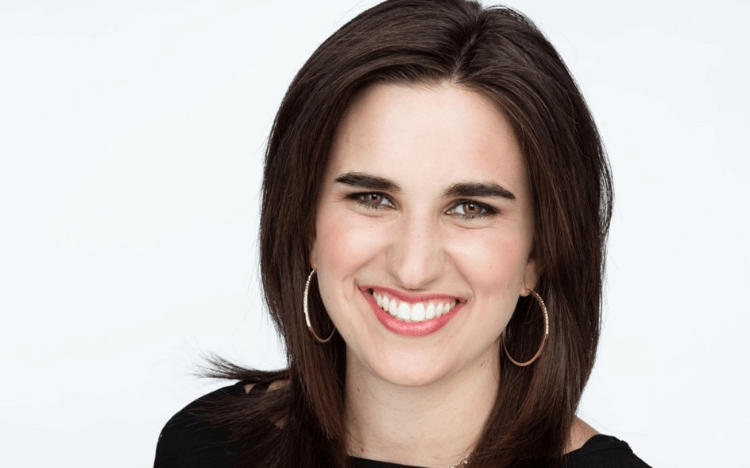Community projects as part of the Faith, in Congo and India, exposed her to the essence of social impact. They shaped her into the leader she is today.
Jenna is the cofounder and CEO of Impact Experience, an impact investing organization working to transform marginalized communities.
She’s also an MBA graduate from Stanford Graduate School of Business (GSB), where she says she learned the skills that help her succeed as a CEO.
Stanford through and through
Jenna’s familiarity with America’s West Coast began at undergraduate level—she studied International Relations at Stanford University.
From her first days there, she became involved with the social impact space and took advantage of the global learning opportunities available at Stanford. She even took a few classes from the School of Business.
Initially, Jenna was heavily involved in China. She was part of FACES, or the Forum for American and Chinese Exchange at Stanford.
Between undergrad and the MBA, she worked in the impact investing space in China. One of her roles was as a consultant intern in Beijing, for San Francisco based Business for Social Responsibility.
She then returned to the US, to Washington DC, to work for an investment fund called Calvert Special Equities, and it was then that the seeds for Impact Experience were planted.
“I just kept seeing how disconnected many of the funders and companies were from the communities they were looking to invest in. That was a big part of my inspiration for cofounding Impact Experience.”
Jenna did that just before her MBA, in 2015. She says she returned to Stanford because she wanted to continue the relationship she’d built with the school since undergrad.
She also wanted to build out her knowledge of the core principles of business in order to develop her startup.
Why you should study an MBA
So many of the cases Jenna worked on during the MBA were focused on building out businesses, developing business plans, reading and developing case studies, looking into what’s worked and what hasn’t.
That first-hand experience and opportunity to experiment with different ideas was invaluable to her current work with Impact Experience. On a weekly basis, Jenna says she comes back to a lot of the principles she was taught in the Stanford MBA classroom.
The Interpersonal Dynamics module—known as Touchy Feely—sticks out and has helped her refine her management style.
“There were a lot of insights from that class around being able to create spaces to provide feedback and have open, honest, and direct conversations.”
She continues to work a lot with the school as well. Impact Experience have a research partnership there which focuses on implicit bias in investing. When she’s back in town, Jenna explains she spends at least one day a week on campus.
“The opportunity to be able to reconnect with faculty but also meet current students that we think about hiring, to have this pool of talented people I think in many ways has helped.”
After graduating, Jenna also received the Stanford Social Innovation Fellowship, a fellowship to the value of $110,000, coaching, and office space, for a Stanford graduate with a social venture tackling a pressing social or environmental issue.
“It was a catapult for all of our work,” Jenna says.
Stanford MBA CEO
By refining her leadership style at Stanford, Jenna says she's able to tackle one of investing's biggest challenges.
There’s a general lack of capital flowing into marginalized and oppressed communities, she explains—implicit bias plays a big role in shaping investment decisions too.
Some of Impact Experience’s work so far has included working in West Virginia to retrain former coal miners.
Over the last four-to-five years they have also developed broadband access and invested in tourism assets in local communities.
In post-hurricane Puerto Rico and Houston, they have also worked on projects around inclusive resiliency and recovery.
Jenna’s leadership style is one that focuses on diversity, equity, and inclusion.
She is proud of the diversity at the helm of the business, and she points to research that suggests more diverse teams are more successful.
A Boston Consulting Group study of 1,700 companies found those who reported above average diversity on their management teams reported innovation revenue that was 19% higher than companies who reported the opposite.
Jenna's leadership is also about autonomy, and not ruling with an iron fist.
“Rather than having a typical hierarchical structure, we’re a fairly flat organization and create a lot of space to be able to cocreate together, which is a core part of the emphasis of our work," she explains.
“The best ways of managing people, how to create teams, and get the best out of everybody—all of that is deeply emphasized on the MBA.”







